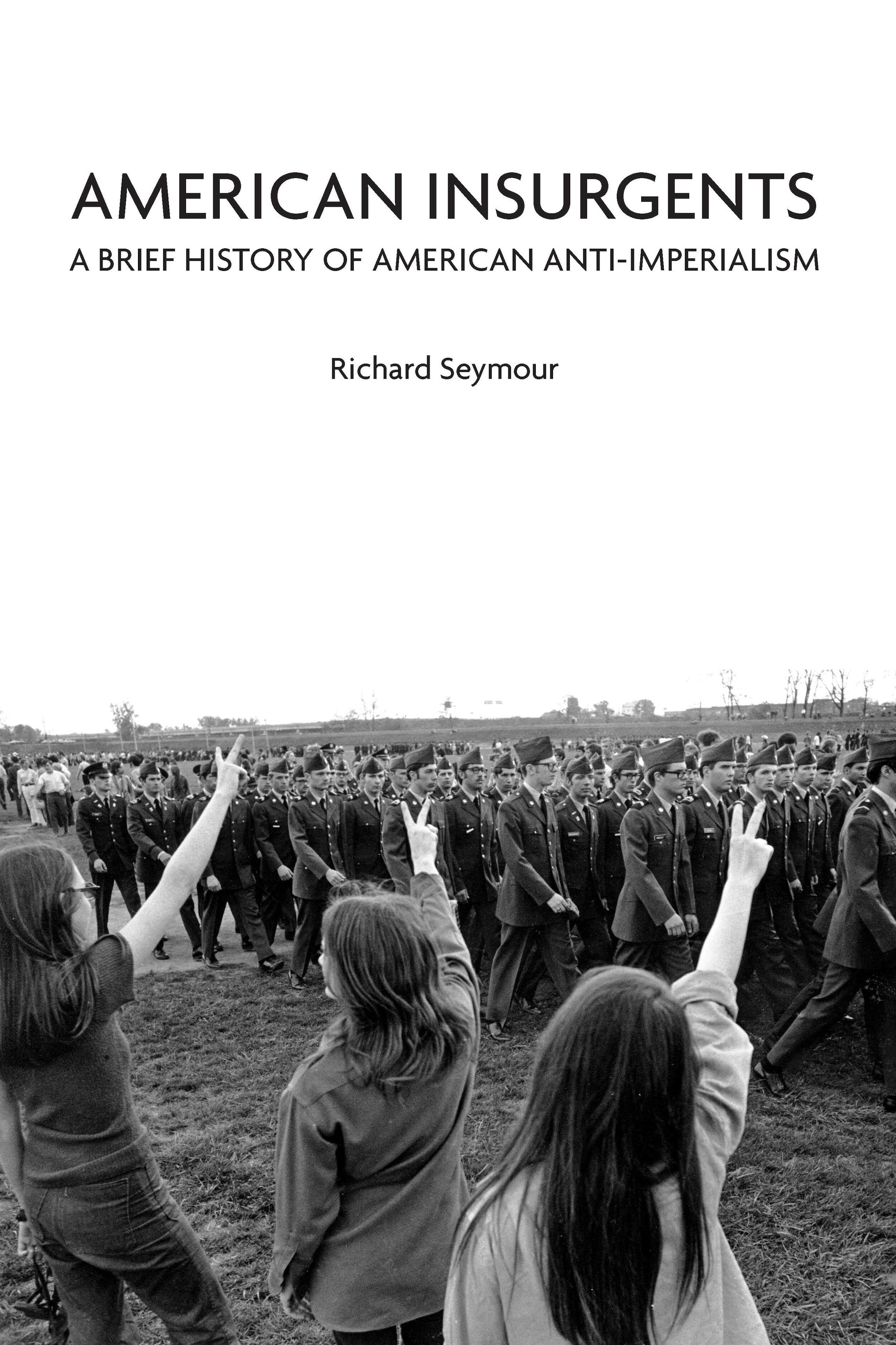

Indeed, the heroes of the book are the “insurgents” within the U.S. The Insurgents stands out as a particularly effective and legitimate use of this approach, and one whose clarity and drama should extend its audience far beyond the normal defense-policy crowd.Fred Kaplan’s The Insurgents is a highly successful and compelling intermingling of three stories: the rise and eventual fall of General David Petraeus the intellectual history of counterinsurgency and the broadening of the learning culture within the United States Military during the Iraq war. Of course, authors from the time of Herodotus onward have understood the explanatory power of biography, but I date its modern popularity and occasional overuse to the influence of David Halberstam's The Best and the Brightest and Robert Caro's The Power Broker, both in the early 1970s, followed by Neil Sheehan's A Bright Shining Lie in the 1980s.

Also: Explaining ideas through biography is so attractive an approach as often to seem this era's cliché in magazine and book writing. By the end of America's war there, our military had gotten much better at a kind of war that it realized it was better off choosing not to fight. It was a return, 40 years later, to one of the main lessons of Vietnam. efforts in Afghanistan: Reduced to a syllogism, his argument went like this: we shouldn't engage in counterinsurgency unless the government we're helping is effective and legitimate a government that needs foreign help to fight an insurgency generally isn't effective or legitimate therefore, we generally shouldn't engage in counterinsurgency. Kaplan summarizes Australian strategist David Kilcullen on the paradox that doomed U.S. The government in Kabul was even more corrupt and less legitimate than the one in Baghdad Afghanistan had a far weaker tradition of centralized control of any sort than what Saddam Hussein, for better and worse, had brought to Iraq. In Afghanistan it has failed even that modest test indeed, Kaplan argues, the comparative successes in Iraq lured the U.S military, especially McChrystal, into attempting the impossible in Afghanistan.


Here is a sample of the argument: Kaplan describes how the COIN approach eventually "succeeded" in Iraq, by which he means that it bought enough stability to allow American forces to withdraw in something other than outright retreat.


 0 kommentar(er)
0 kommentar(er)
